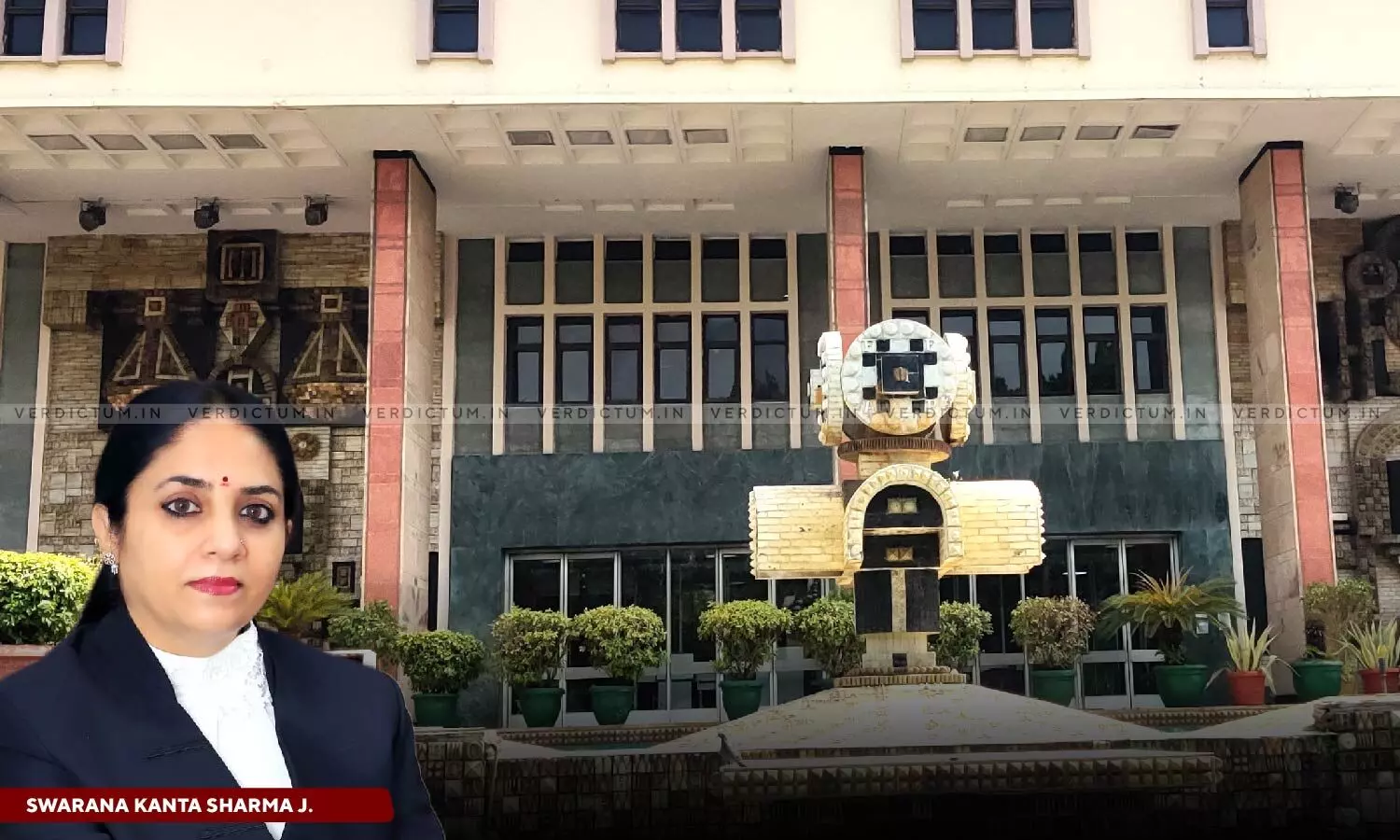
Right To Personal Liberty Is Subject To Restrictions By State In Case Of Criminal Offences: Delhi HC Refuses Bail To Accused Found With 4 Kgs Heroine
 |
|While observing that the magnitude of illicit drug trade and its severe impact on the lives of the consumers have nexus with severity of the offence, the Delhi High Court recently rejected the bail application of an accused after considering the commercial quantity of psychotropic substance (heroin) involved in the matter.
Highlighting that gravity of the offence is one determinative factor while deciding a bail application, a Single Judge Bench of Justice Swarana Kanta Sharma observed that “Though the absence of reasonable suspicion is significant in assessing as to whether the accused will be entitled to bail or not, the presence of reasonable and grave suspicion will justify rejection of bail depending on the facts of each case”.
“Right to personal liberty is subject to restrictions by the State in case of criminal offences for the larger good of the public and their safety. With four kgs of heroin in his possession and the number of people he was supplying it to can also be gauged from the fact that he has made 238 calls to the co-accused persons and some other persons regarding such transactions. The target groups of the drug supply are younger generation”, added the Bench.
Advocate Shyam Sunder Aggarwal appeared for the Petitioner, whereas, APP Manoj Pant appeared for the Respondent.
Going by the background of the case, an information was received that one Amit indulging in drug trafficking, on direction of Mukesh and Ankush, had brought consignment of heroin for them from Bareilly, from one Sajid. Amit and Ankush had come to the Service Road, Rohini to deliver the consignment of heroin to them. After observing the mandatory procedures and informing the concerned ACP, a raiding party led by SI Ravi Kumar laid a trap and recovered Ankush and Amit along with four kg of heroin. The case was registered and at the instance of present applicant, co-accused Mukesh was arrested. Hence, the accused approached the High Court by filing an application under Section 439 of CrPC seeking grant of regular bail.
After considering the submission, the Bench observed that the recovery of heroin i.e. psychotropic substance is of about 2 kg from the present accused/ applicant which is a commercial quantity, and therefore, bar of Section 37 of NDPS Act would be attracted in the present case.
While agreeing to the contention of the Applicant that even in cases of recovery of commercial quantity of psychotropic substance where embargo of Section 37 of NDPS Act has to be considered, the Bench referred to the judgment of the Apex Court in State of Kerala v. Rajesh [(2020) 12 SCC 122], the Bench reiterated that the Court can consider the test of ‘twin conditions’ in case of recovery of commercial quantity of psychotropic substance which will be considered, evaluated and adjudicated upon with caution to decide as to whether to grant or decline grant of bail.
Answering to the contention that the manner of drawing of sample and the delay of sending the same to FSL created suspicion, the Bench observed that minimal change in the weight of the drawn sample and the colour cannot be a ground for grant of bail.
As per the Bench, there were multiple prima facie evidences which pointed towards involvement of the accused in the offence in question and other evidences included his voice samples matching with the intercepted conversation which incriminated him.
Further, the High Court explained that circumstances like the car being registered in name of applicant from where further recovery of two kgs heroin was effected; he being arrested at the spot with the psychotropic substance; and the co-accused persons being arrested on his disclosure statements, clearly raised a strong suspicion regarding his involvement in the present case.
Hence, the High Court dismissing the bail application.
Cause Title: Ankush v. State (GNCTD of Delhi) [Neutral Citation: 2023: DHC: 3876]
Click here to read / download Judgment